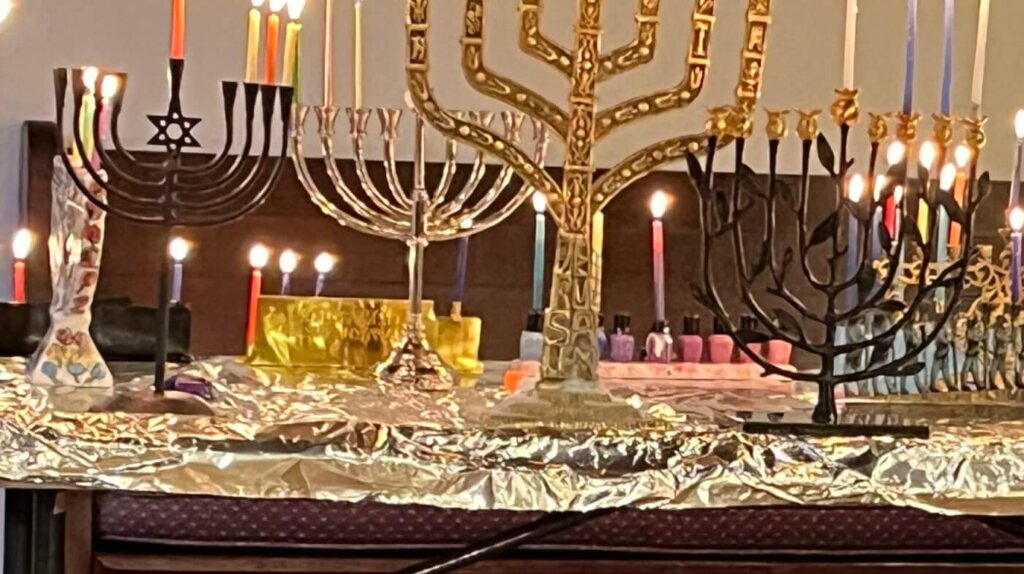As many of you may recall, email scammers targeting our church staff and members have several times over the past few years sent out fake emails looking like they come from our minister, staff, or congregation members, asking the recipients to contact them or do them a quick and/or discreet favor. And as of Wednesday, July 31, it’s happening again.
Several people associated with the church have received an email that appears to be from the Rev. Dr. Kikanza Nuri-Robins, asking if the recipient is now “less busy” because they have a “request for you to manage discreetly” and need a quick response because they’re “going into a meeting shortly.” Please note that if you receive one of these messages, it is a scam, and any reply to the recipient will likely be met with a request for money or gift cards. Again, this is a scam, and you should not interact with it in any way.
Many of us who have been church members for a while will recognize this and similar patterns. Most recently before today’s barrage, back in late May, several people received a different version of the come-on, containing a familiar-looking “evite” from a church member, inviting recipients to a party and instructing them to click on links to view the invitation, RSVP, or see the guest list. But it, too, was a clever fake.
If you receive either one of these kind of notes, or anything similar, please:
- DO NOT click on it or respond.
- DO mouse over the links in the email, without clicking on them. You will see that the response links don’t go to a legitimate uusm.org address (or, in the case of the evite email, to a well-known website like Evite or PaperlessPost), and they didn’t go back to the church-affiliated person who supposedly sent the email.
- DO look at the “From” line of the note. All official emails from our church and staff members come from @uusm.org addresses, NOT from GMail addresses. (And almost all of the scam mails do come from GMail addresses.) Also, many of the supposed sender names in the scam mails feel just a bit awkward, such as “Pastor Rev. Jeremiah Kalendae.”
Finally, it’s worth pointing out that the church members whose name appear in these messages, and in the “from” line of the invitation emails, did not have anything to do with the fraudulent emails, and do not have any power to stop them. Instead, they are likely victims of a technique called “spoofing,” in which names and/or addresses stored in someone else’s contact list were stolen and then pasted into the nefarious emails. This makes it look like the communications are coming from someone familiar when they’re not. They’re also not traceable to the scammers, so there’s nothing we can do about it.
The bottom line is that if something about an email you receive feels odd in any way – if it contains suspicious links, return addresses that sound like church addresses but don’t end in uusm.org, or requests for a personal favor from someone who usually wouldn’t make such a request – you should definitely trust your gut, know that it is not a legitimate communication, and ignore the message. Do not respond to the email…and instead, if you’re still curious about it, contact the person it seems to be from to confirm they did not send it. You will definitely learn the request is a fake, and you can simply trash it and move on without any harm.





